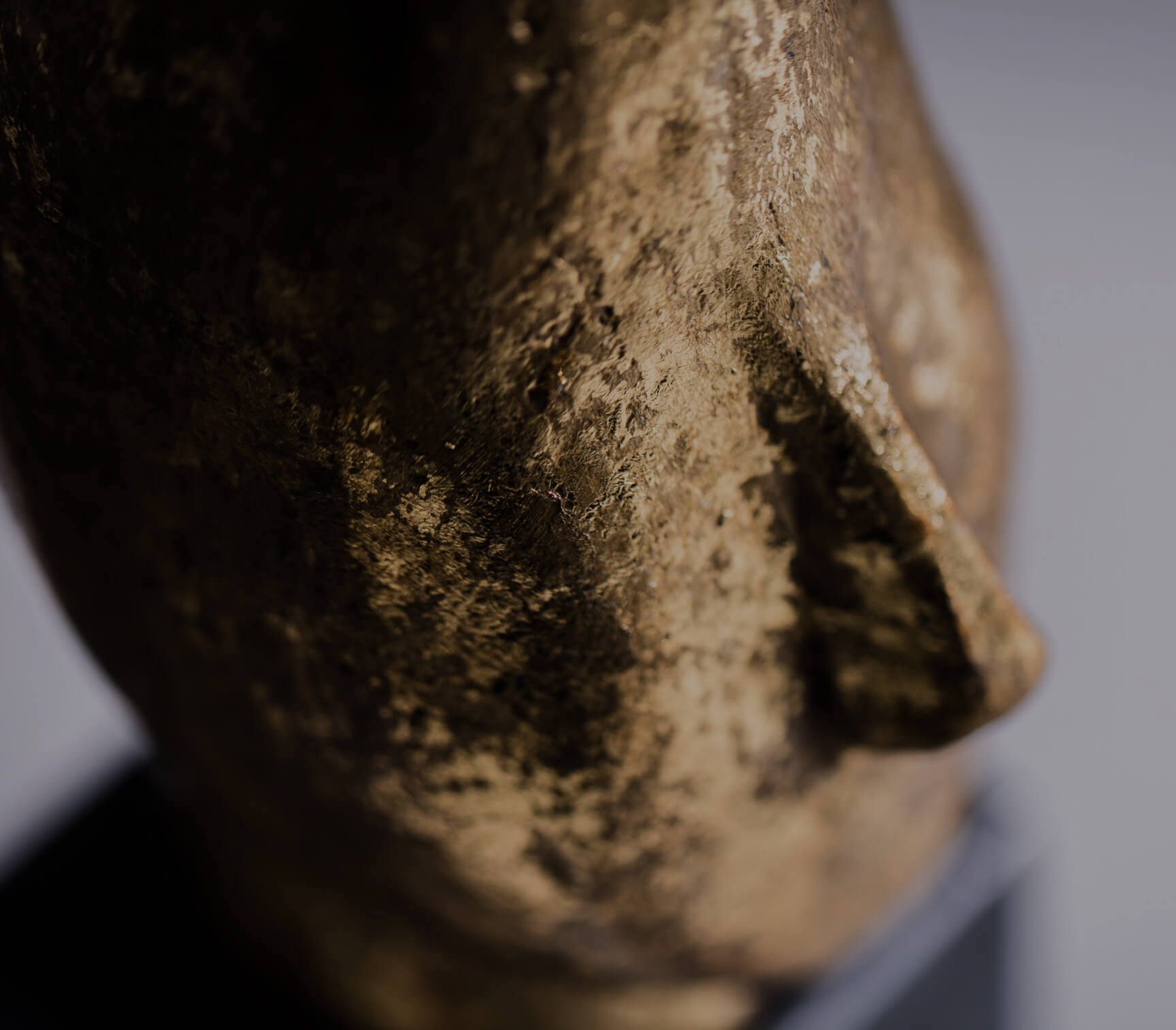Eyelid surgery (also called “blepharoplasty” or an “eyelid lift”) rejuvenates aging eyelids by removing excess or sagging skin to improve their appearance, as well as the patient’s vision. Lower eyelid surgery is also effective at reducing under-eye bags and puffiness that can cause a weary or exhausted appearance.
Table of Contents
Eyelid Surgery in Princeton, New Jersey
Bright, vibrant eyes are crucial to keeping a youthful appearance as the years go by. In order to improve signs of aging like drooping or dropped eyelids, Dr. Jill Hazen provides eyelid surgery at her aesthetic practice in Princeton, NJ.
Upper blepharoplasties are Dr. Hazen's most requested procedure.
What eye surgery can accomplish
- Remove sagging skin on the upper eyelid
- Reduce eye puffiness
- Improve under-eye bags
- Correct drooping lower eyelids that show white under the iris
- Improve vision impairment from excess skin

Upper and lower eyelid surgery
There are two types of blepharoplasty in New Jersey: upper eyelid surgery and lower eyelid surgery. These procedures can be performed by themselves or together for enhanced results. They can also have other procedures added, such as a brow lift or facelift.
Upper eyelid surgery is performed to specifically address sagging skin that is either hiding the beauty of the eyes, impairing vision, or both. Puffy skin may also be reduced. Lower eyelid surgery is performed to specifically address under-eye bags, “pulled-down” eyelids, and pockets of fat under the eyes. During your consultation with Dr. Hazen, she will discuss whether upper eyelid surgery, lower eyelid surgery, or both will be best for your aesthetic goals.
Upper Versus Lower Blepharoplasty
- Upper eyelid surgery is performed under local anesthesia by Dr. Hazen.
- This is an in-office procedure and takes less than an hour.
- Dr. Hazen will create small, almost unnoticeable incisions in the natural folds of the eyelid.
- Upper blepharoplasty removes excess skin for a brighter look.
- Lower blepharoplasty is performed under IV sedation at the surgery center.
- The surgery takes about 1-2 hours to complete.
- Dr. Hazen will create incisions inside the lower eyelids or underneath the lash line.
- This surgery addresses excess skin and herniated fat pads to rejuvenate the under eye area.
Candidates for Blepharoplasty
If you’re considering upper eyelid surgery (blepharoplasty) in New Jersey, lower eyelid surgery, or both, you may be an excellent candidate. Ideal candidates for blepharoplasty are those who:
- Want a procedure that will allow their eyes to be “seen” again
- Have excess skin, puffiness, or drooping of the eyelids
- Want to remove excess eyelid skin that is hindering vision
- Do not have any pre-existing eye conditions
- Are non-smokers in overall good health
- Have realistic expectations for the procedure
Recovery Tips for Your Eyelid Surgery
- Follow post-operative instructions: Your surgeon will provide specific instructions for your recovery. Follow them carefully, including medication schedules, wound care, and activity restrictions.
- Apply cold compresses: Cold compresses can help reduce swelling and bruising. Use them as instructed by your surgeon to alleviate discomfort and promote healing.
- Protect your eyes: Shield your eyes from irritants, dust, wind, and bright sunlight during the early stages of recovery. Wear sunglasses and avoid activities that could strain or potentially injure your eyes.
- Keep your head elevated: Sleeping with your head elevated on extra pillows or in a reclining position can help minimize swelling. It's advisable to sleep on your back for the initial recovery period to avoid putting pressure on your eyelids.
- Use prescribed eye drops: If your surgeon has prescribed eye drops or ointments, use them as directed to prevent dryness and discomfort and promote healing.
- Avoid strenuous activities: Avoid activities that can increase blood flow to the eyes, such as heavy lifting, vigorous exercise, or bending over. Gradually reintroduce physical activities as advised by your surgeon.
- Limit screen time: Limit your screen time and avoid activities that strain your eyes, such as reading or watching TV for extended periods. Give your eyes adequate rest to facilitate healing.
- Take care of incision sites: Keep the incision sites clean and follow your surgeon's instructions for wound care. Avoid rubbing or scratching the area and protect it from excessive moisture or exposure.
- Attend follow-up appointments: Regularly scheduled follow-up appointments with your surgeon are essential. They will assess your healing progress, remove sutures if necessary, and address any concerns or questions you may have.
- Be patient: It takes time for the swelling and bruising to subside and for the final results of eyelid surgery to become apparent. Be patient and allow your body enough time to heal and adjust.
Blepharoplasty FAQ
What is blepharoplasty?
Blepharoplasty is a surgical procedure aimed at improving the appearance of the eyelids by removing excess skin, fat, or muscle to address sagging eyelids or under-eye bags.
Who is a good candidate for blepharoplasty?
Ideal candidates for blepharoplasty are individuals bothered by droopy eyelids, under-eye bags, or puffiness who are in good overall health and have realistic expectations about the outcomes of the procedure.
What can blepharoplasty correct?
Blepharoplasty can correct sagging upper eyelids, puffiness or bags under the eyes, and excess skin or wrinkles around the eyes, resulting in a more youthful and refreshed appearance.
What is the recovery process like after blepharoplasty?
Recovery typically involves mild swelling, bruising, and discomfort, which can be managed with pain medication and cold compresses. Patients usually resume normal activities within a week, with final results becoming apparent as swelling subsides.
Are there any risks associated with blepharoplasty?
Like any surgical procedure, blepharoplasty carries risks such as infection, bleeding, scarring, or changes in eyelid symmetry. However, these risks can be minimized by choosing a skilled surgeon and following post-operative instructions carefully.
Blepharoplasty in New Jersey at Hazen Plastic Surgery
If you’re interested in eyelid surgery in the Princeton, New Jersey area, Dr. Jill Hazen is your ideal surgeon. As a board-certified plastic surgeon, she is highly experienced in performing both upper and lower eyelid surgery. Blepharoplasty is one of our top services at Hazen Plastic Surgery & Medical Spa, and Dr. Hazen has a reputation for delivering very natural-looking results. She will determine the optimal recommendations for you and customize a personal treatment plan just for you. With Dr. Hazen, you are in excellent hands. Healthy Living has recognized her as one of the Top Doctors for blepharoplasty in New Jersey, and she has lectured extensively over the years on cosmetic plastic surgery. Dr. Hazen’s artistic visualization and clinical skills allow her to achieve beautiful results. To meet with Dr. Hazen, please contact us.






